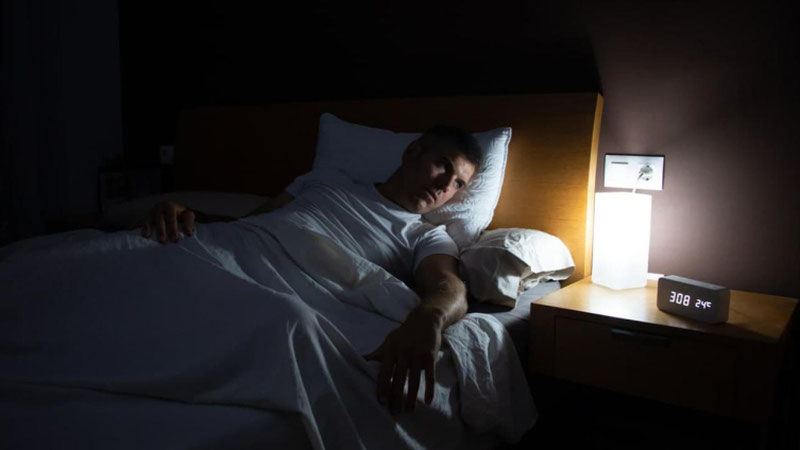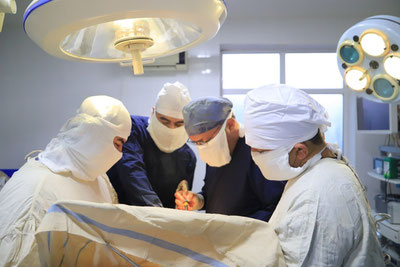The night is quiet. The clock moves towards dawn. Some lie staring at the ceiling, while others twist their pillows, unable to sleep, lost in thought. Others, counting sheep, seek peace. Today, one of humanity's most pressing problems - insomnia - is taking deep root.
Millions of people who wake up tired after the alarm clock rings in the morning and spend their entire day with coffee are searching for an answer to the question "Why can't I sleep?"
Dr. Kadriye Agan, Professor of the Neurology Department at the Pendik Educational and Research Hospital of Marmara University in Turkey, answered this question that interested everyone.
How is insomnia detected?
According to Agan, there are several important criteria before a person is diagnosed with "insomnia": if a person has trouble sleeping for at least 3 days a week, 3 months, this condition is considered "insomnia," requiring medical intervention. This condition is especially common among women and the elderly.
Today, the recommended sleep duration is 7-8 hours. Unfortunately, in recent centuries, this indicator has decreased, with people sleeping an average of 6.8 hours. "A person who sleeps little cannot work completely healthy," says the professor.
Are the reasons for insomnia stress, illness, or ourselves?
According to the doctor, the causes of insomnia manifest in various forms. In particular, stress, anxiety, depression - primarily heart, endocrine, digestive problems, as well as cancer or mental illnesses can also cause this.
Particularly, neurological conditions such as "parkinson," dementia, and epilepsy negatively affect sleep. Workers on shift shifts and night shift workers also complain of regular sleep deprivation.
Sleep hygiene - a simple solution to a desperate problem
"There is no miracle tablet for this," says Professor Agan.
However, he emphasizes the necessity of strict adherence to sleep hygiene.
The bedroom should be only for sleep - there should be no television, no computer. One should not eat heavily before going to bed, the room should be quiet, dark and at a comfortable temperature, eating in bed or sleeping in front of the screen is strictly prohibited.
The doctor also recommends creating daily sleep habits (rituals) such as a warm shower, calming music, or reading a book before going to bed.
Caffeine-free life
For those suffering from sleep problems, the following advice is given:
Daytime sleep should not exceed 20 minutes, otherwise it will negatively affect nighttime sleep.
Caffeine-containing drinks (coffee, tea, cola, etc.) should not be consumed after lunch.
Choose activities aimed at relaxation in the evening as much as possible.
When should one consult a doctor?
If sleep problems persist despite the above recommendations, it is necessary to consult a specialist. Because sometimes insomnia may seem mild, but serious medical problems may be hidden behind it. If necessary, the problem can be solved through medication or psychotherapeutic treatment.
A modern person calculates, plans, and works on everything. But he's forgetting the most important thing - sleep. But we must not forget: healthy sleep is the foundation of a healthy life. Study the quality of sleep, not sleep. Only then will the mornings be healthy and the days productive.






